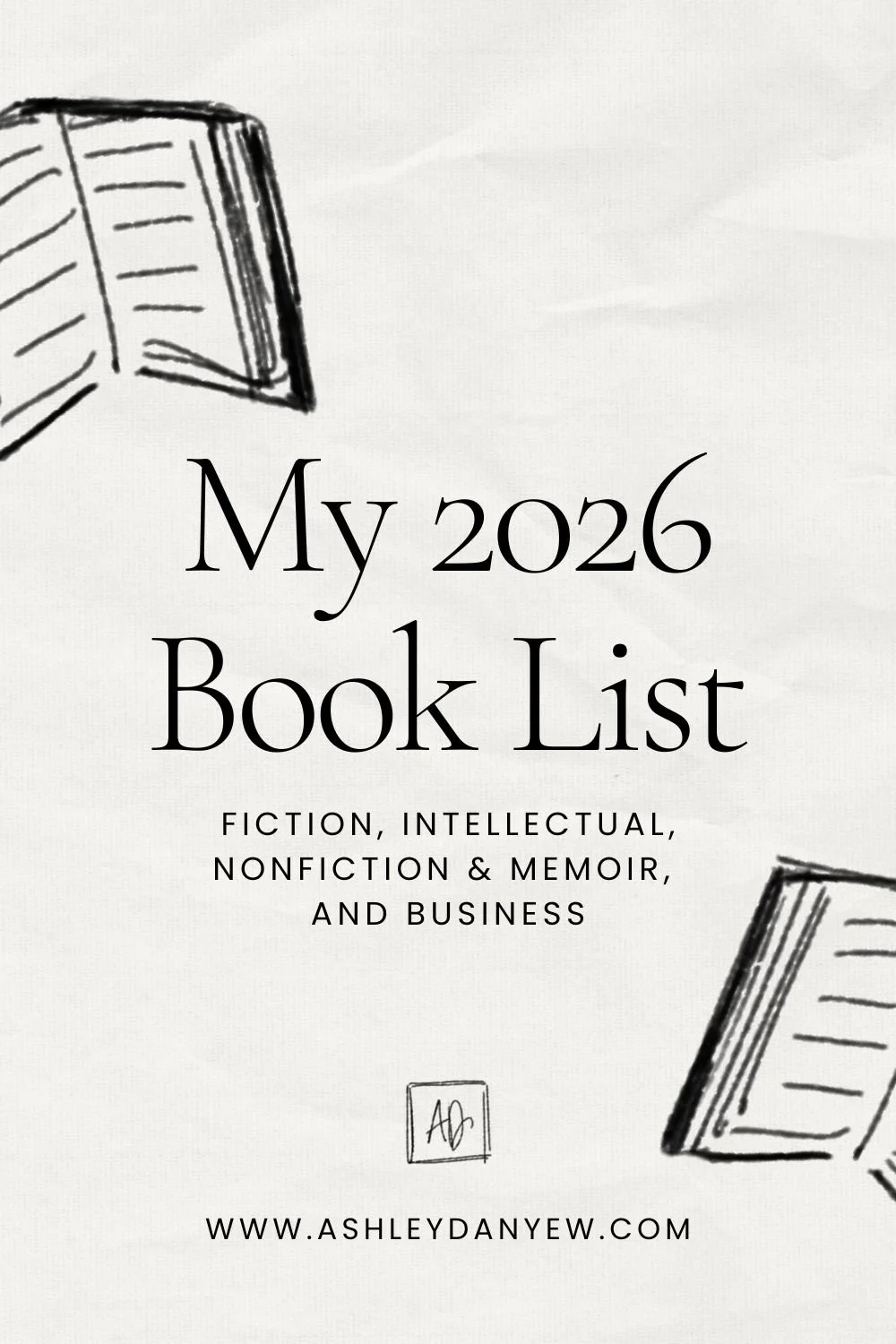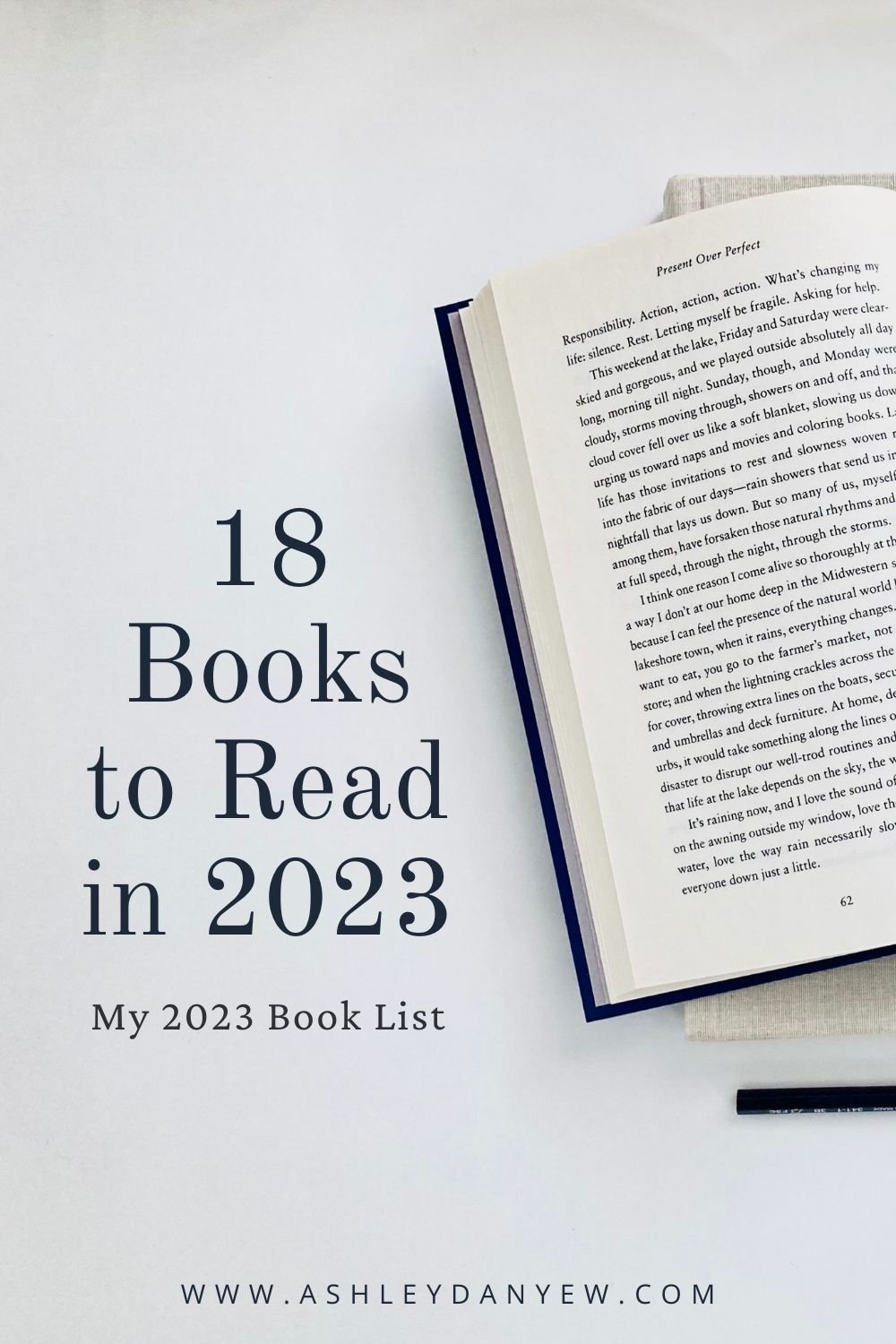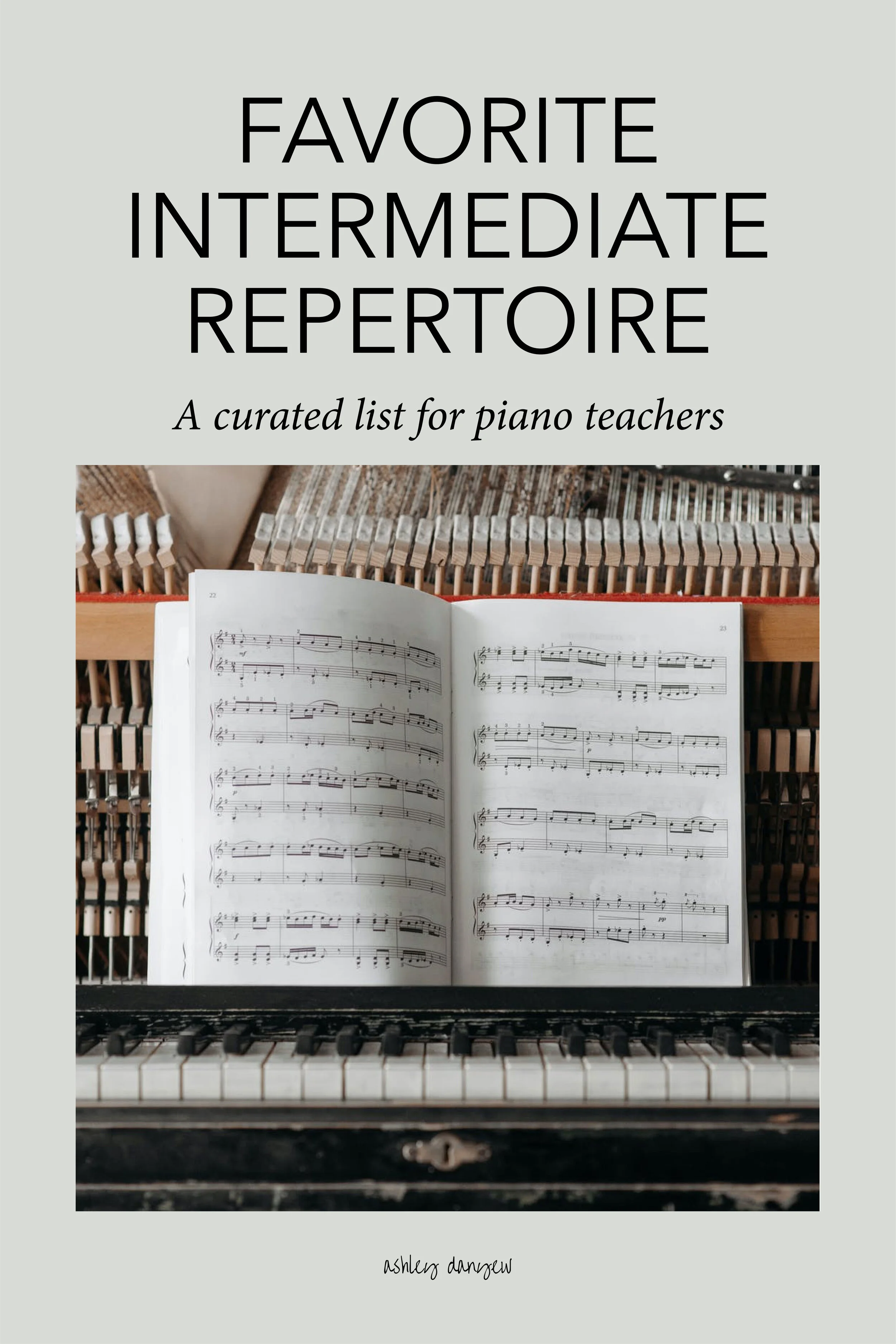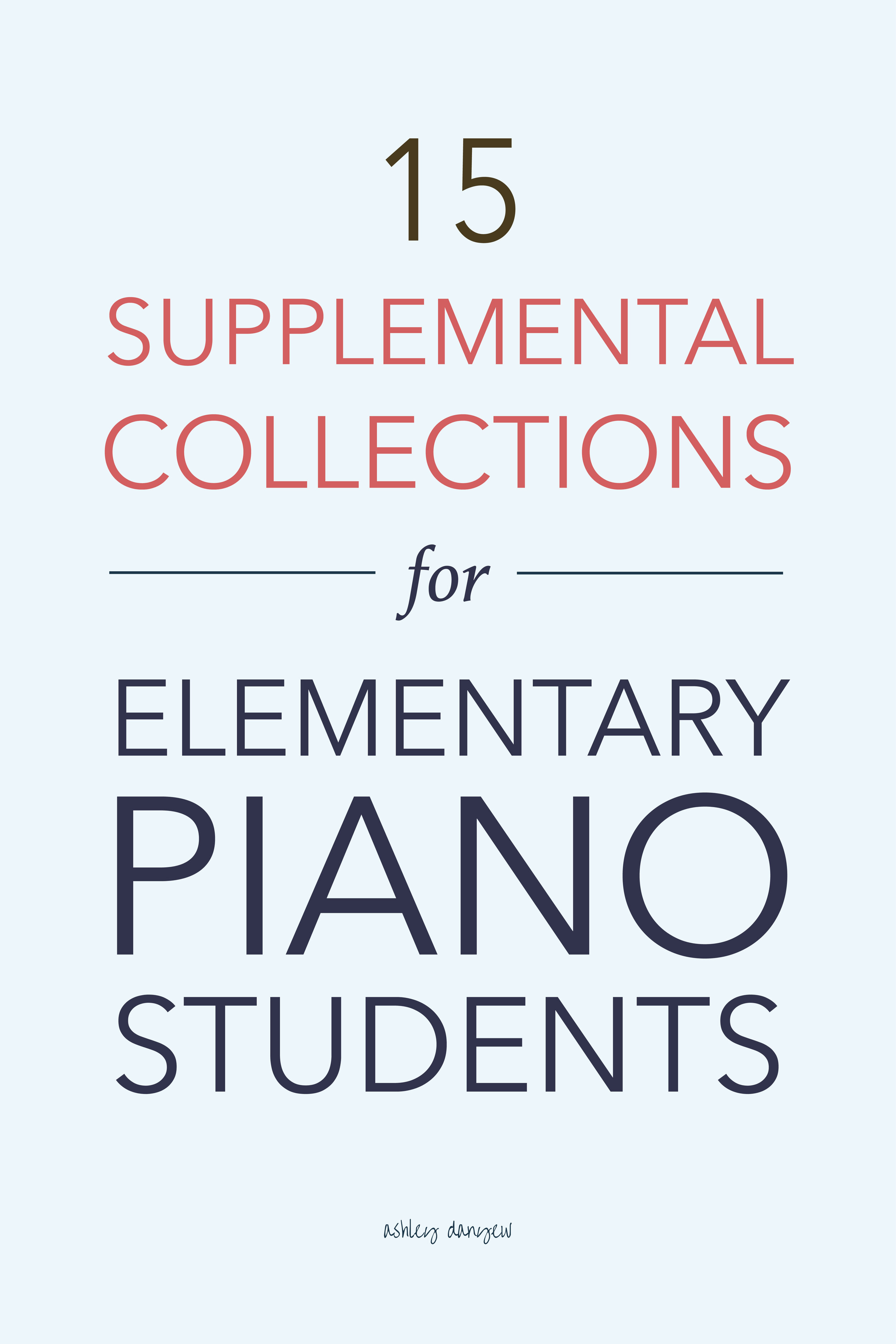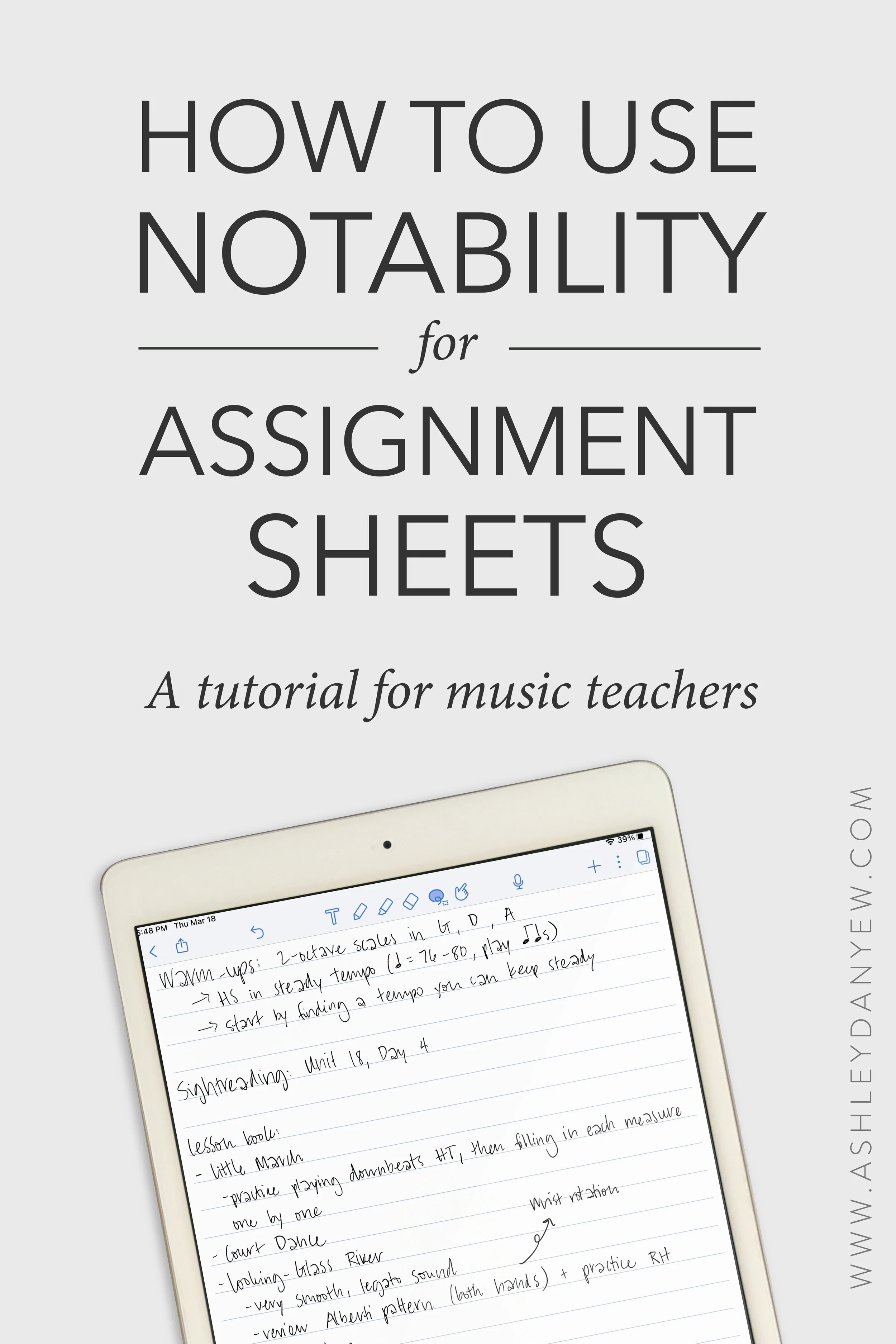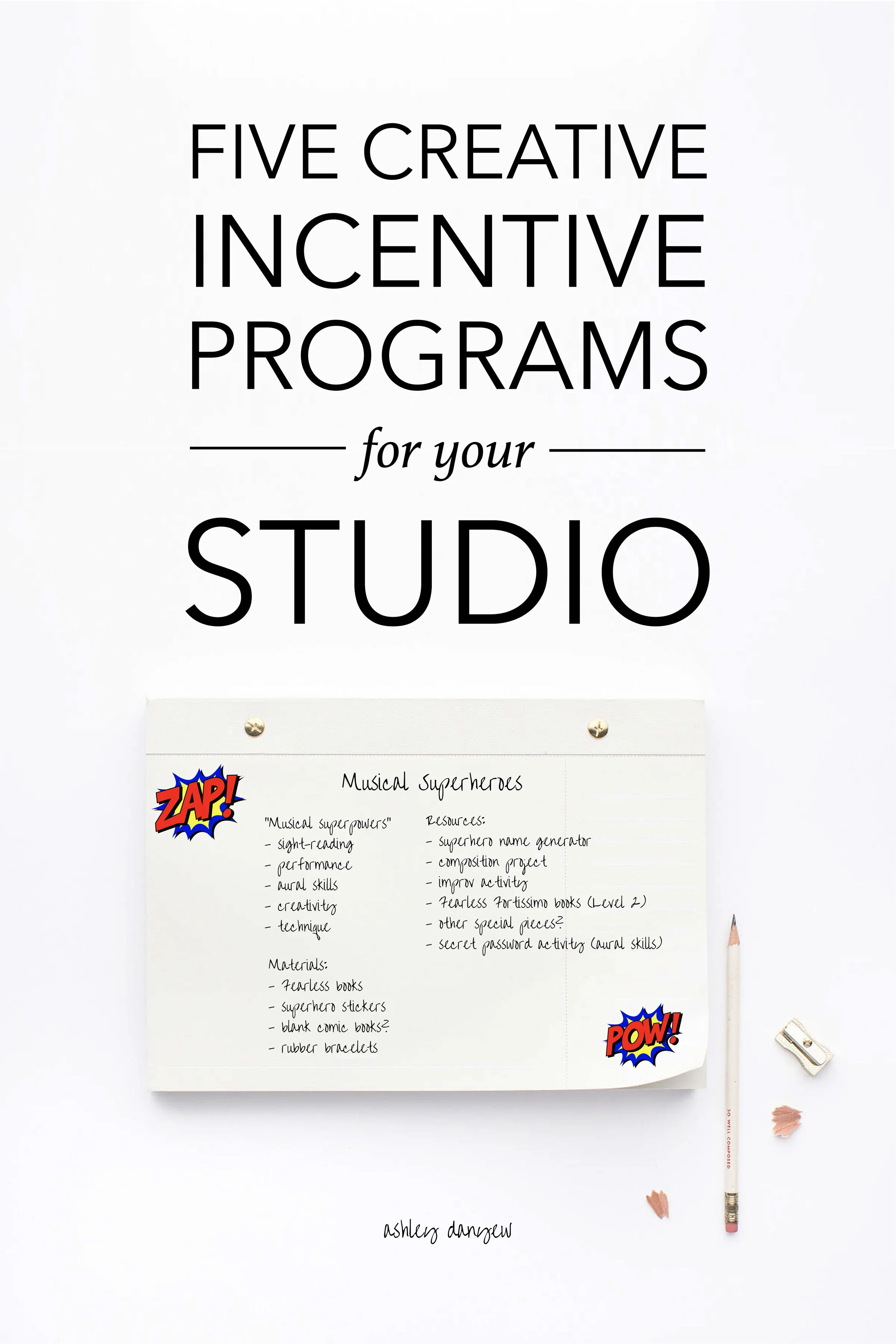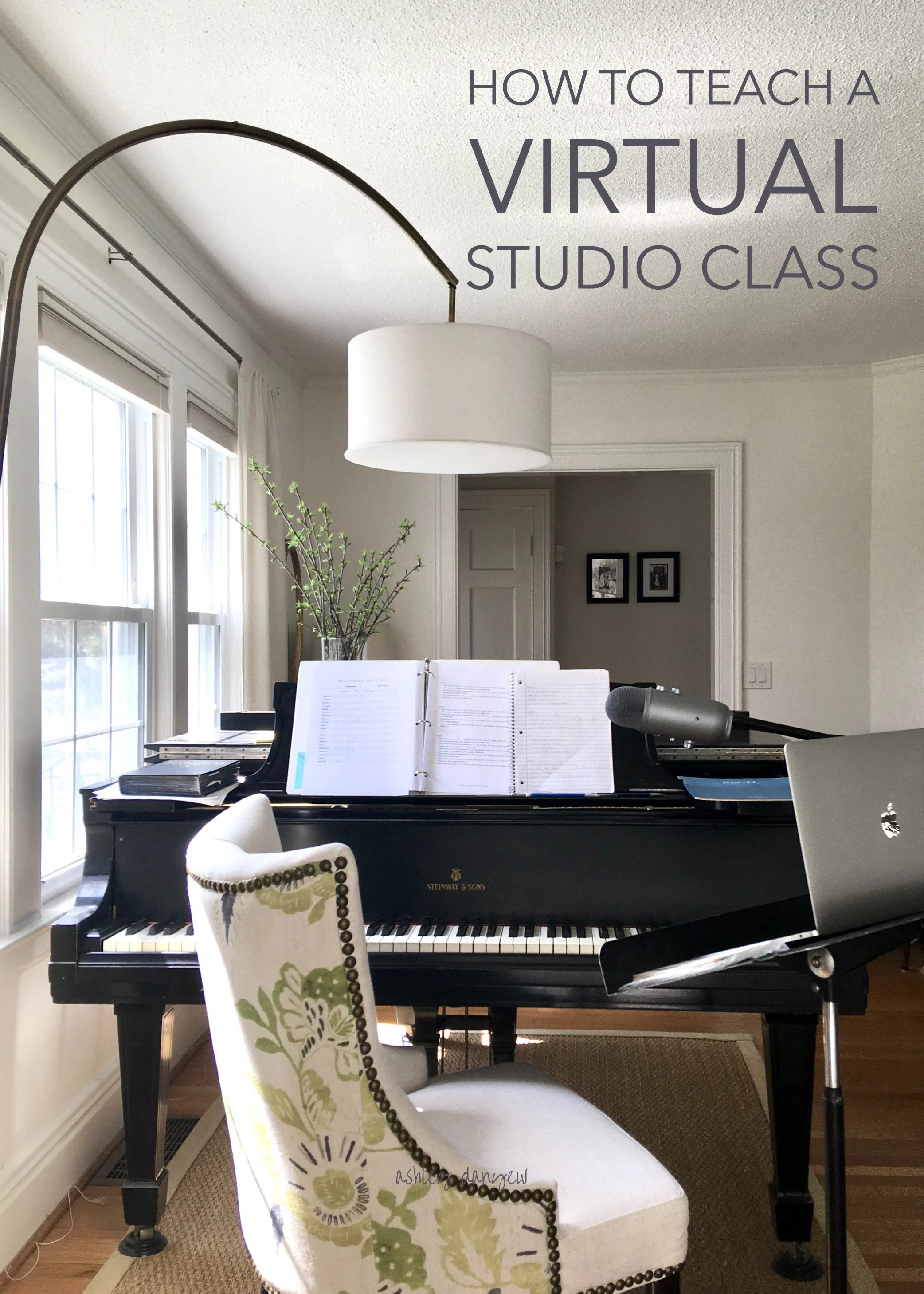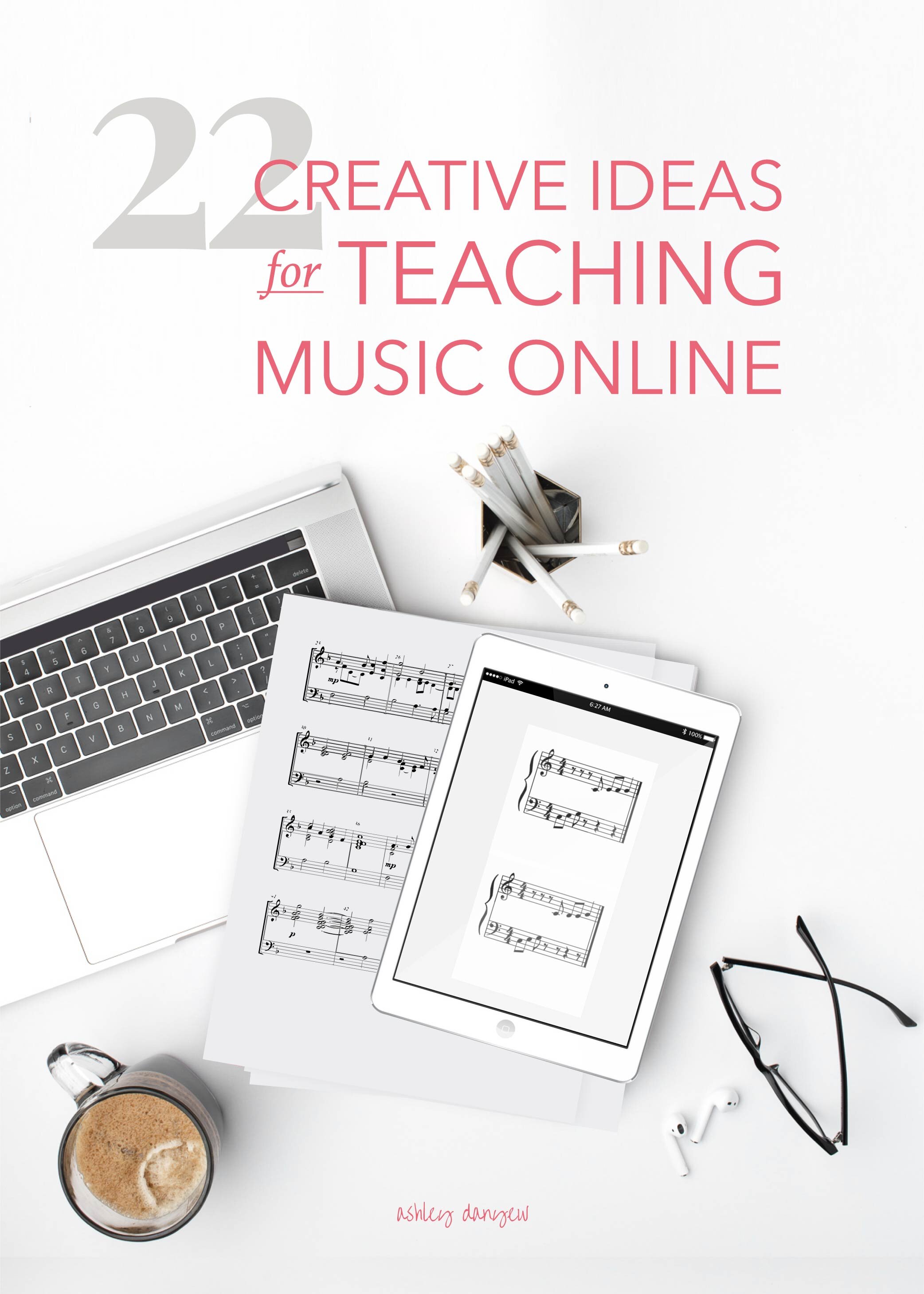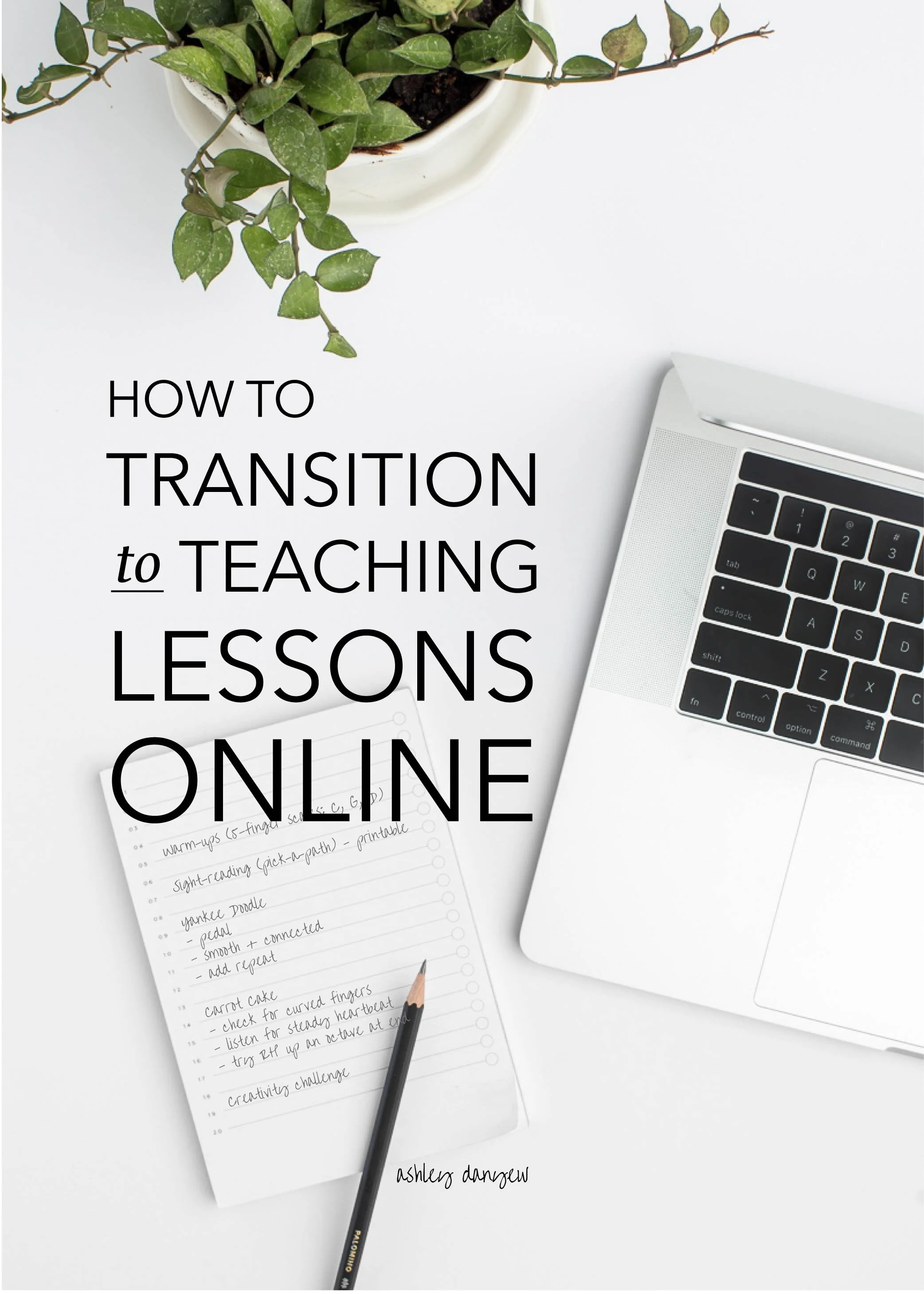A friend reached out recently to ask about how to find a piano teacher for her two young children.
"Any pointers on how to find the right person?" she asked. "Do you think going to a school is better or finding someone to come to us is better?"
The interview process for finding a music teacher goes both ways:
The teacher is interviewing the student and family to assess musical, physical, and emotional readiness; determine if the student (and parents) have the same goals for musical study; and evaluate whether or not they'd be a good fit in the studio.
At the same time, the student (and often the parents) are interviewing the teacher to assess musical skills and qualifications, teaching style, method and curriculum choices, and extracurricular offerings.
If you're considering music lessons for your child or you know someone who is, here are some questions to ask and a few of my thoughts on finding a piano teacher who is the right fit.
And if you’re a teacher, keep these questions in mind as you plan your next interview or consultation.
Questions to Ask a New Piano Teacher
*Disclosure: I get commissions for purchases made through links in this post.
Qualifications:
What is their background? Have they studied piano and/or music education formally? A background in music education or piano pedagogy is always helpful; just because someone can play at a high level doesn’t mean they’re good at teaching, breaking down concepts, and sequencing learning.
How much experience do they have? Ideally, you want to find a teacher with at least a few years of (pre-pandemic!) teaching experience. Also, look for someone that seems established and committed to staying in the community (vs. a student or someone who may pick up and leave in a year or two).
Are they personable? Do they smile? Are they encouraging and kind? Are they enthusiastic about the music they’re teaching? Some teachers offer a free consultation or trial lesson so they can get to know the student and the student can get to know them and their teaching style. Ask if you can sit in and observe.
Teaching Approach:
What levels do they teach? Some teachers prefer working with beginners (which works for a few years, but not necessarily long-term) while others prefer to teach at a more advanced level. For instance, I love teaching beginners, but I also teach all the way up through 12th grade (late intermediate level).
What methods do they use? I’ve tried a few different ones over the years, but I’ve settled on a few favorites for beginners: Piano Safari, Faber Piano Adventures, and the Music Tree. I use all three in my studio—I choose which will be best for each student (sometimes two different methods for siblings!). I also try to incorporate repertoire that’s outside the method series so students have access to music in other styles and by different composers. Suzuki is also great, though everything is taught by rote, so look for a teacher that supplements with a reading method.
When do they introduce music-reading? Some teachers jump right in with note-reading and theory from the first lesson; others begin with keyboard exploration, improvising, and experiencing the sounds of the piano through rote pieces. The latter is similar to how we learn language and is a very natural approach to learning music. The Piano Safari method builds in lots of rote pieces in the beginning and a good teacher will teach pieces in other method books by rote, too. They’ll talk about “looking for patterns,” ask “Is this the same or different?” and teach pieces with off-staff notation (either finger numbers or letters going up and down on the page without staff lines).
Do they have a comprehensive approach? Music is multi-faceted and in piano study, we work to develop the eye (reading and recognizing patterns), ear (listening and recognizing patterns), sense of steady beat, and musical expression. A comprehensive approach should include:
Technique and warm-ups (to build and strengthen fingers, hands, and arms)
Sight-reading (to develop the eye and recognition of patterns)
Reading pieces (to develop hand-eye coordination)
Rote pieces (to develop the ear and musical expression)
Rhythm (to develop a sense of steady beat and recognition of patterns)
Aural skills
Creativity (improvisation and composition)
Theory (to develop an understanding of “musical grammar”)
Listening (to develop the ear and musical expression)
How do they evaluate student learning? This might look like formal assessments (rating scales, rubrics, performances) or informal (questions such as, “What are some ways you can practice this at home?” “How do you want this part to sound?” “What questions do you still have?” or “How do you know this?”)
Expectations:
What do they expect of parents? Practicing assistance at home? Sitting in on lessons and taking notes? Communication?
How much practice time do they expect per week? A good teacher will have some recommendations. I ask my beginning students to practice 10-15 minutes per day. I also offer the following reminders:
Practice the day before and after your lesson
Don’t skip more than one day in a row
Complete your assignment each day you practice
Studio Opportunities & Experiences:
What genres do they teach? Some will focus on classical music, others jazz, and others pop music. This will depend on your goals for your child’s piano study, but I recommend learning and studying a variety of music from different genres. I value classical music and classical music training because I believe it’s an important foundation for learning and exploring other styles of music, but I also introduce my students to reading lead sheets, playing songs by ear, and learning repertoire in pop, jazz, and contemporary styles.
Do they provide opportunities to participate in NYSSMA or other festivals? This likely won’t be for a few years, but having access to festivals and opportunities for outside evaluation is an excellent experience for elementary and intermediate students. To participate, a piano teacher needs to be a member of the organization. Sometimes, you’ll find this more for teachers who are associated with a school, as the school may cover professional dues. For instance, I’m not a NYSSMA member, but I can send students to Solo Festival through the school where I teach (a music faculty member serves as the point of contact).
Do they offer recitals, group classes, or other community events? Performances (formal and informal) are great, as are opportunities to learn from their peers in a group setting.
I hope this helps you feel capable and confident when choosing a new teacher. And for teachers who may be reading this, I hope this helps your interview process with prospective students and families. Now you know what questions to address and what elements of your studio and teaching practice you can highlight.
I’d love to hear from you:
Do you have anything to add to this list? Leave a comment below with your thoughts or ideas.



